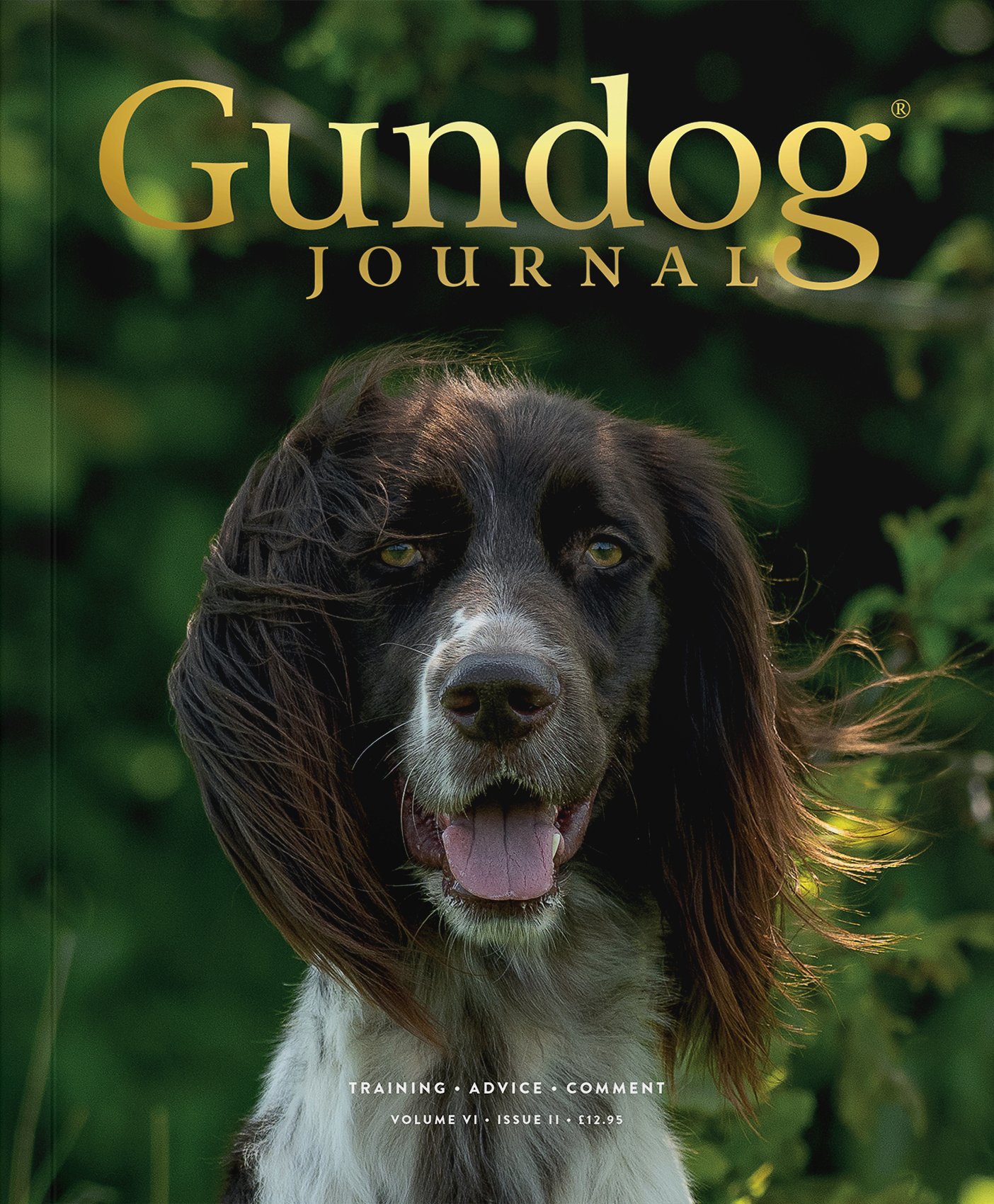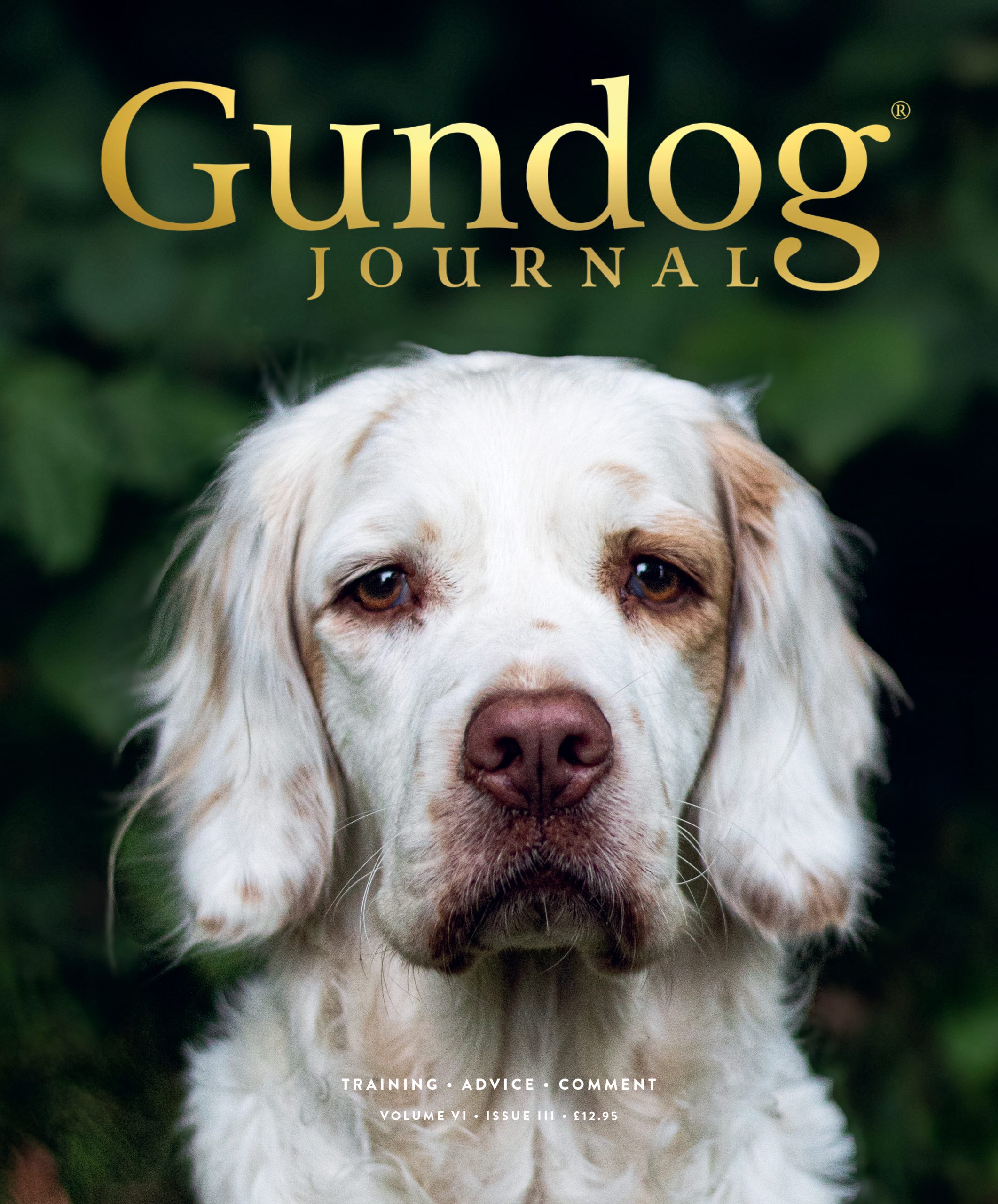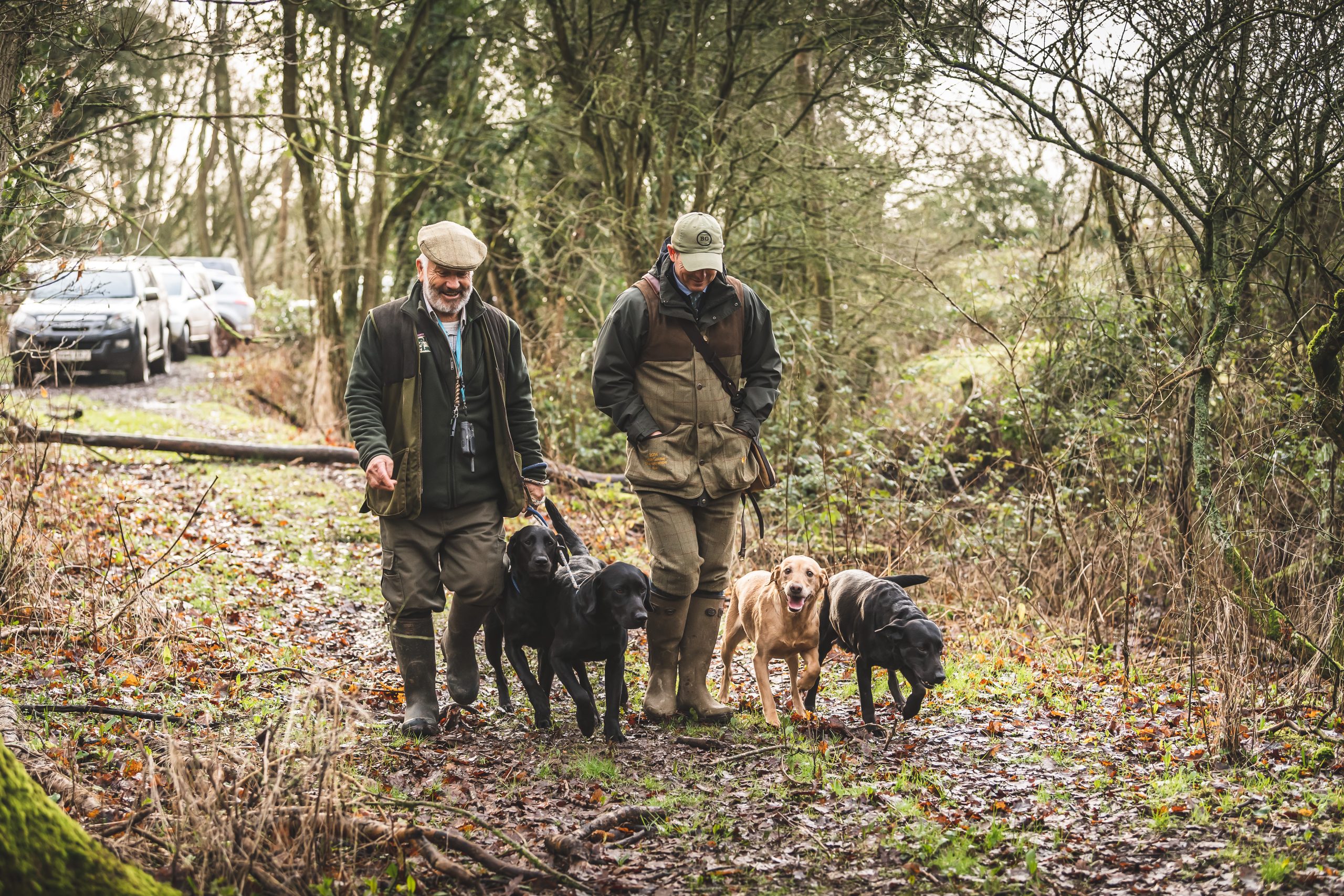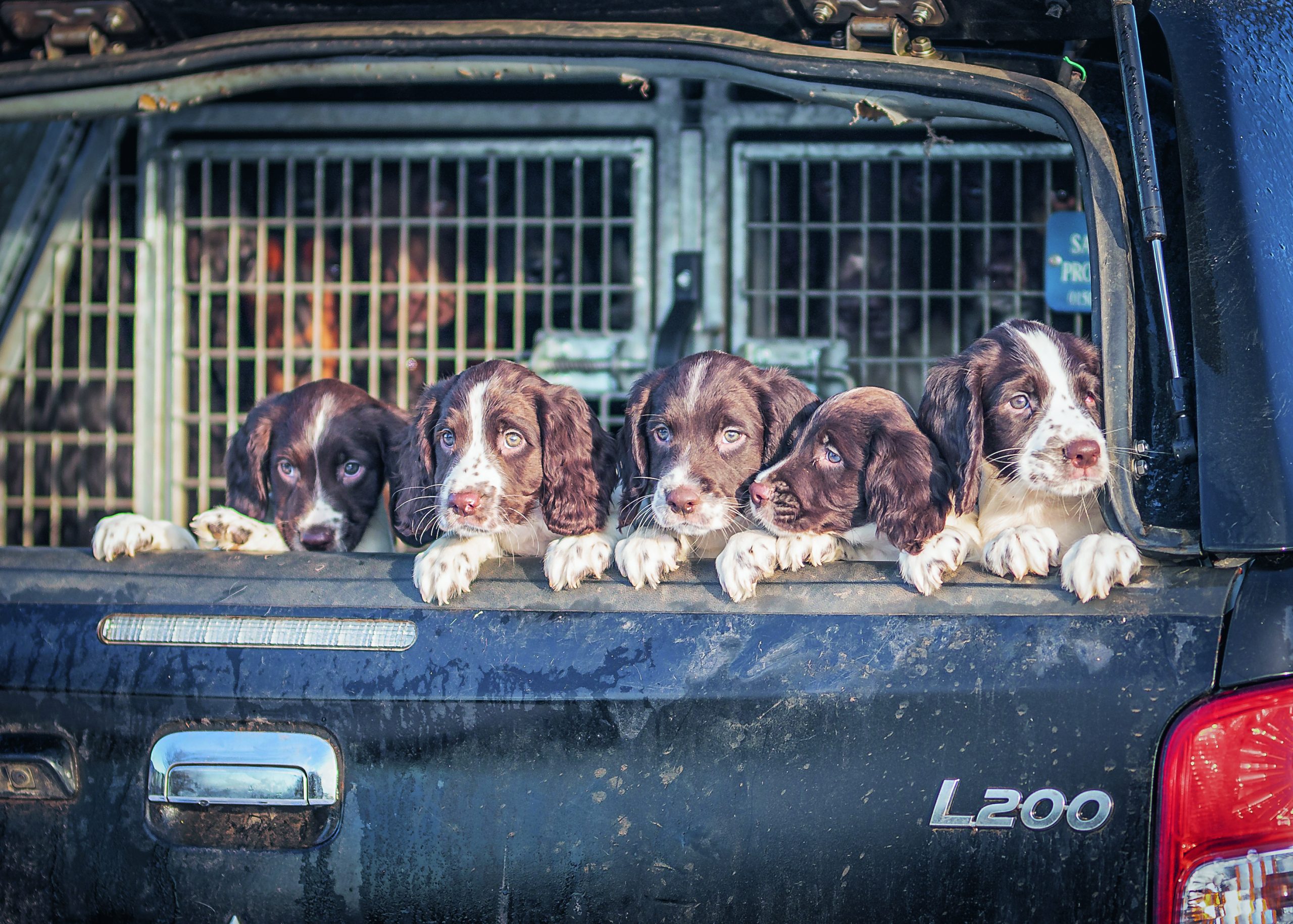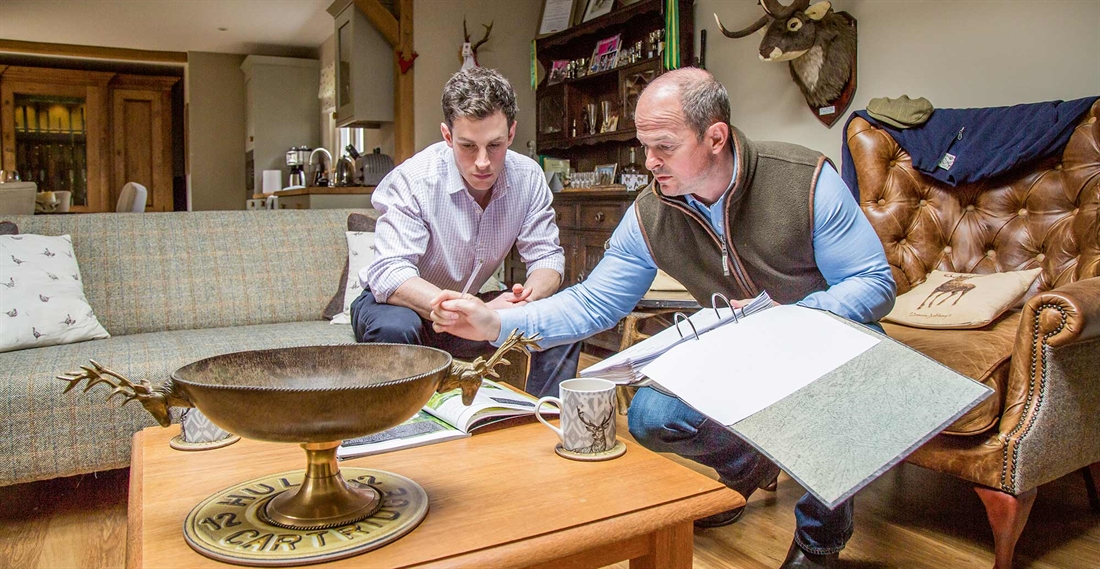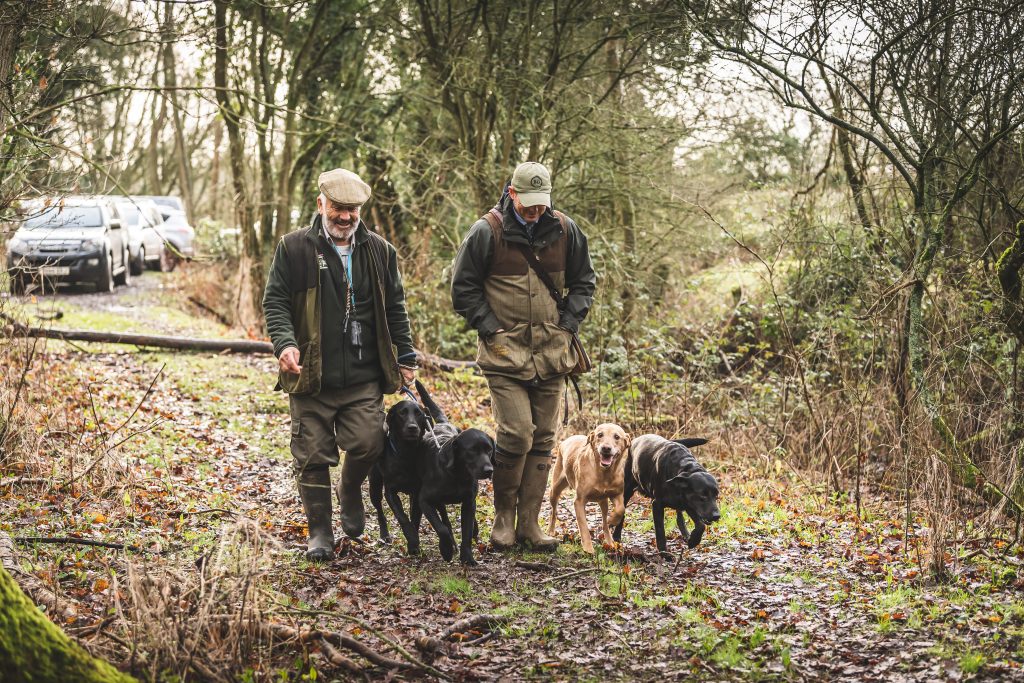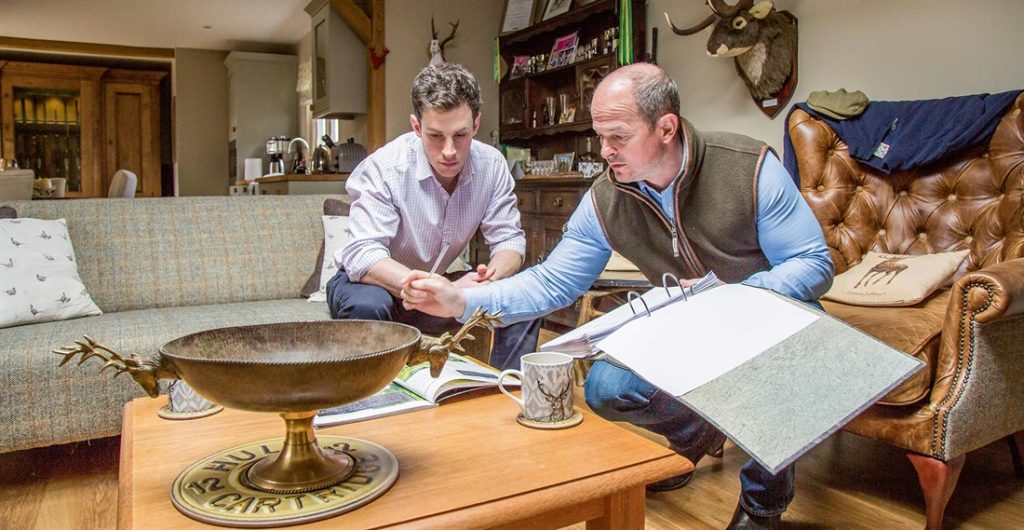Growing old gracefully
We answer your questions about common problems with aging gundogs.
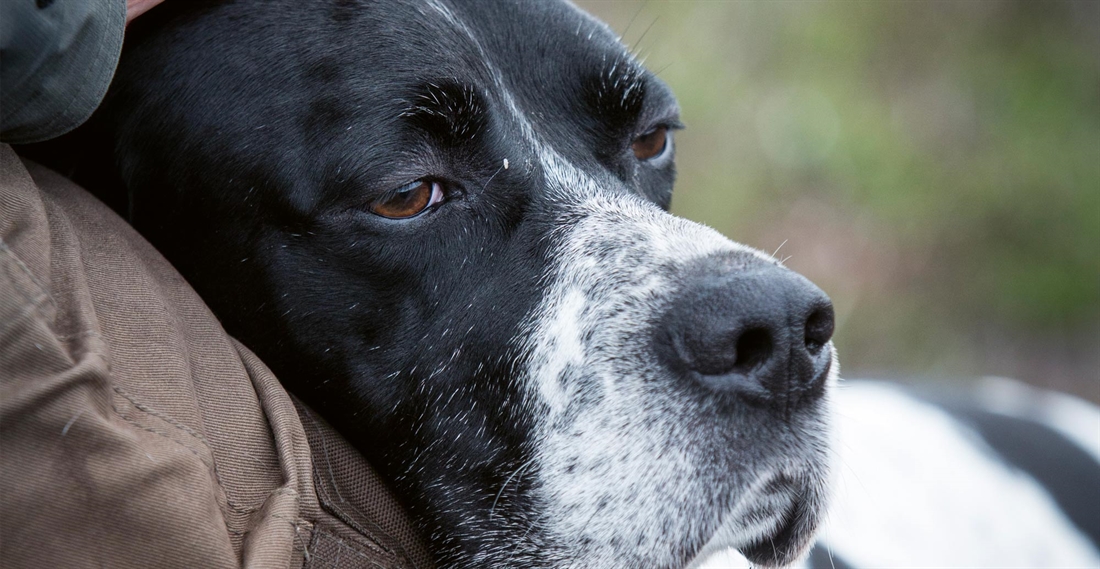
Q: How can I stop my dog from crunching birds?
Jayne Coley: If this is an older dog and it’s happening on a regular basis, there is very little you can do as this behaviour often becomes a habit. It may be caused by any one, or a combination, of the following factors: the dog being badly spurred by a wounded cock bird, anxiety, excitement/exuberance, having game snatched out of his mouth by another dog or possessiveness.
However, if this is a young dog’s first season out shooting, damaging birds can occur as a result of inexperience and getting over-excited. To minimise this happening you should do your homework the season before you take him out in the shooting field. During that time introduce your dog to retrieving game when he is a puppy, quietly practicing at home, using as many different types of birds as you can get your hands on.
Q: My nine-year-old bitch has always been a reliable and efficient retriever and we have enjoyed a great working relationship but she has developed selective hearing. Is this just a function of advancing years or can I do something to stop it?
Laura Hill: It is a possibility that your ageing dog has started to lose her hearing, if she has had a lot of exposure to shots on the peg, or if she has a build-up of ear wax due to ear mites, allergies or infection. If you suspect this is the case, you should seek veterinary advice.
However, if the deterioration you describe is sporadic or selective then it is more likely that it is behaviour acquired through experience. At her age, she will have learnt the procedure for shoot day, and what is required of her, and will be well versed in the routines, meaning that the input that she requires from you is now minimal. She may feel she can get on with it without your intervention. You can redress this balance by working on more ‘blind’ retrieves where she will need your help if she is to find the bird.
Likewise, around the house, she will be used to your routines and your conversations with family members and other pets, so she will have learnt to ‘filter out’ most of what you are saying. Try to cut out some of your chatter, and when you are communicating with her be clear and definite. Reward her responses so that she feels it is worthwhile paying attention to you.
Related Articles
Get the latest news delivered direct to your door
Subscribe to Gundog Journal
Unlock the full potential of your working dog with a subscription to Gundog Journal, the UK’s only dedicated magazine for gundog enthusiasts. Published bi-monthly, this authoritative resource delivers expert training advice, in-depth interviews with top trainers and veterinary guidance to help you nurture a stronger bond with your dog.
With stunning photography and thought-provoking content, Gundog Journal is your essential guide to understanding, training and celebrating your working dog.
Save 10% on shop price when you subscribe, with a choice of packages that work for you. Choose from Print & Digital or Digital only with each journal delivered directly to your door or via the app every other month, plus access to past issues with the digital back issue library.
